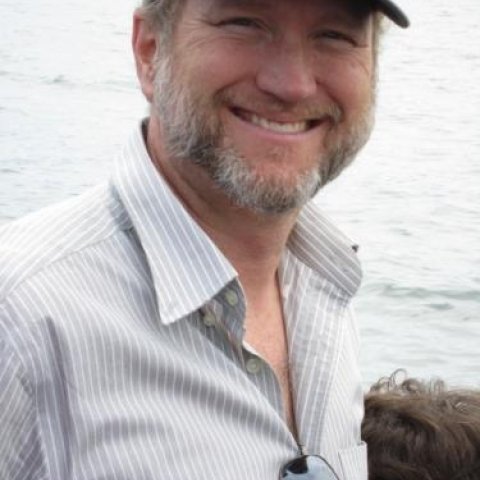Professional Affiliation
Ecologist, US Geological Survey
Executive Director, USA National Phenology Network
Expert Bio
The USA-NPN's National Coordinating Office (NCO) guides the development of the Network, facilitates communication between scientists, land managers, policy-makers, and the public who are interested in assessing the effects of global change on natural ecological systems. Staff members work for the US Geological Survey, The University of Arizona and The Wildlife Society.
Jake Weltzin assumed his position as Executive Director of the USA-NPN in August 2007. Jake’s interest in natural history developed as he grew up in Alaska and served as an exchange student in the Australian outback. He obtained his B.S. from Colorado State University, M.S. from Texas A&M University, and Ph.D. from the University of Arizona. Following a post-doctoral fellowship at the University of Notre Dame, Jake went to the University of Tennessee, where he served as Assistant and then Associate Professor.
Jake is interested in how the structure and function of plant communities and ecosystems might respond to global environmental change, including atmospheric chemistry, climate change, and biological invasions. His research spans temperate and tropical grasslands and savannas, temperate woodlands, deciduous forest, and sub-boreal peatlands. His recent experience as a science administrator at the National Science Foundation underscored the need to foster large-scale science initiatives such as the USA-NPN. As its first Executive Director, Jake’s vision for USA-NPN is “to develop a continental-scale instrument for integrative assessment of global change that simultaneously serves as an outreach and educational platform for citizens and educators.”
Major Publications
Jake Weltzin
Executive Director
USA National Phenology Network
National Coordinating Office
1955 E. Sixth St., Tucson, AZ 85721
Full CV - Résumé
Phenology Publications
An Interview with Jake on LiveScience
Insight & Analysis by Jake Weltzin
Filter
- Past event
- Disaster Management
New Visions for Citizen Science


